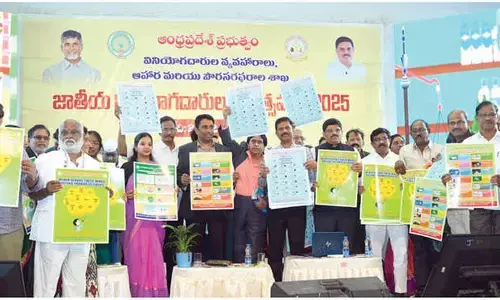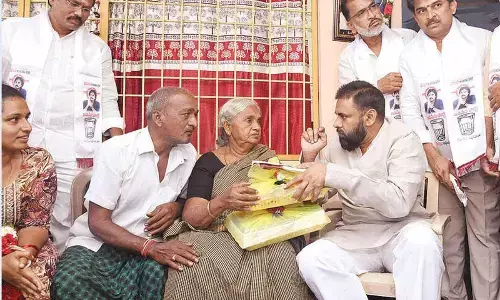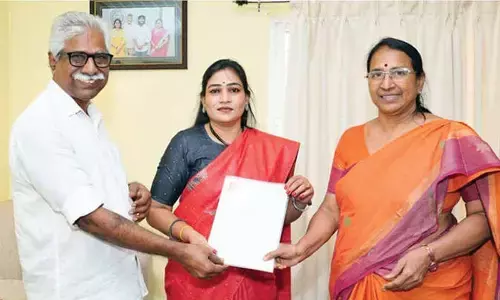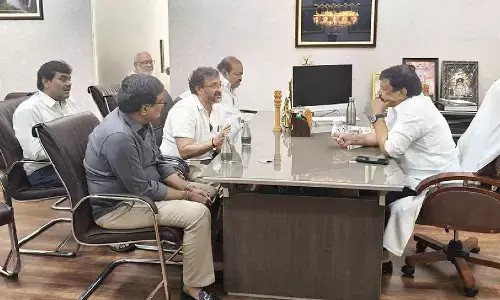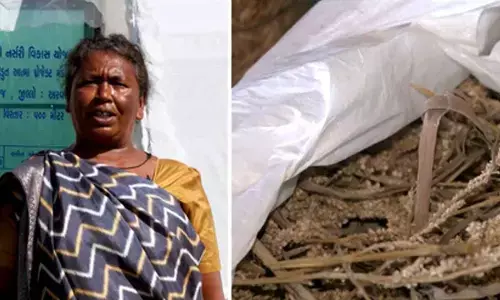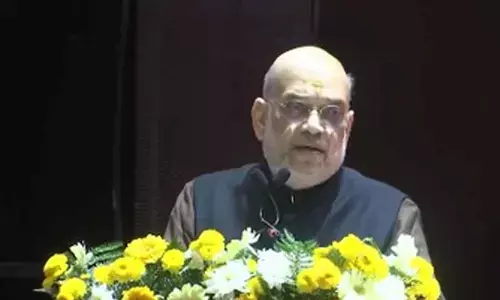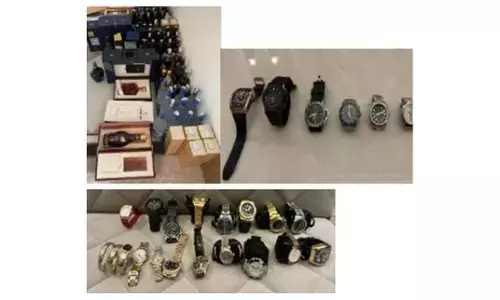Time for Centre to act
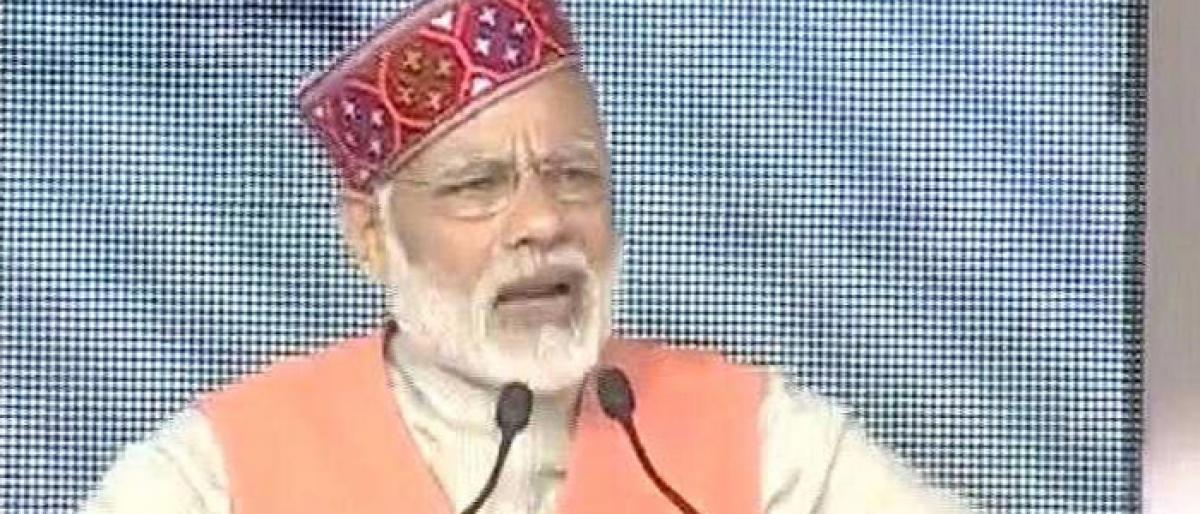
It has been three years since Narendra Modi led NDA to power at the Centre on the promise of cleansing India of the menace of corruption, once and for all. Three years down the line, bar a semblance of some shift here and there, things remain almost unchanged at most administrative levels. Ironically, in the given circumstances, more than any Modi fear, it is a Supreme Court ruling that hangs like
It has been three years since Narendra Modi led NDA to power at the Centre on the promise of cleansing India of the menace of corruption, once and for all. Three years down the line, bar a semblance of some shift here and there, things remain almost unchanged at most administrative levels. Ironically, in the given circumstances, more than any Modi fear, it is a Supreme Court ruling that hangs like the Damocles Sword, one that is sending chills down the spine of criminal politicians.
It augurs well that the apex court has directed the Centre to set up special courts to conclude trials against 1,581 lawmakers within a year. Not only has it urged for speedy trials of leaders whose cases have been pending since prior to 2014 but has also called for an update on criminal cases filed against legislators after 2014.
Brooking no more inaction on so crucial an issue for the healthy functioning of democracy, the court ordered the Centre to inform it by December 13 of the steps taken and the amount it would allocate for the task. As ruling parties evaded action on weeding out criminals from among their midst, it was always the courts which came to the rescue of people.
In 2013, the SC struck down a provision in the law, which saved the convicted lawmakers from being disqualified on the ground of pendency of appeal in higher courts. It made the disqualification take place right from the date of conviction. Four years later, the court seems to be proceeding to take the contentious issue to a logical end, much to the relief of all those who swear by the laws of the land.
It is exhilarating for the people depressed over the state of affairs in the Indian polity and its gradual takeover by criminals to hear the Election Commission joining forces with the judiciary to cleanse the corrupt body politic. The Commission now readily backed the contention of petitioner Ashwini Kumar Upadhyaya that there should be a life ban on convicted politicians from contesting elections.
At present, the law could bar politicians from contesting only for six years, if they are jailed for at least two years, from the date of their release. A very drastic step such as lifetime ban may result in foisting of false charges on rivals by desperate governments to prevent them from contesting.
In Indian elections, winnability, even with criminality, has taken precedence over everything else. Unless voters disregard extraneous factors like religion, caste and proximity, and go by conduct and capability of candidates, corrupt and criminal elements will keep winning polls.
Judicial intervention and EC actions could act only as agents of change. First and foremost, people must decide for themselves to stem the rot, at least now. And then they should act concertedly. Seventy years of precious time has already been lost to the nation. The sooner they do it the easier it will be for India to join the league of advanced nations.










